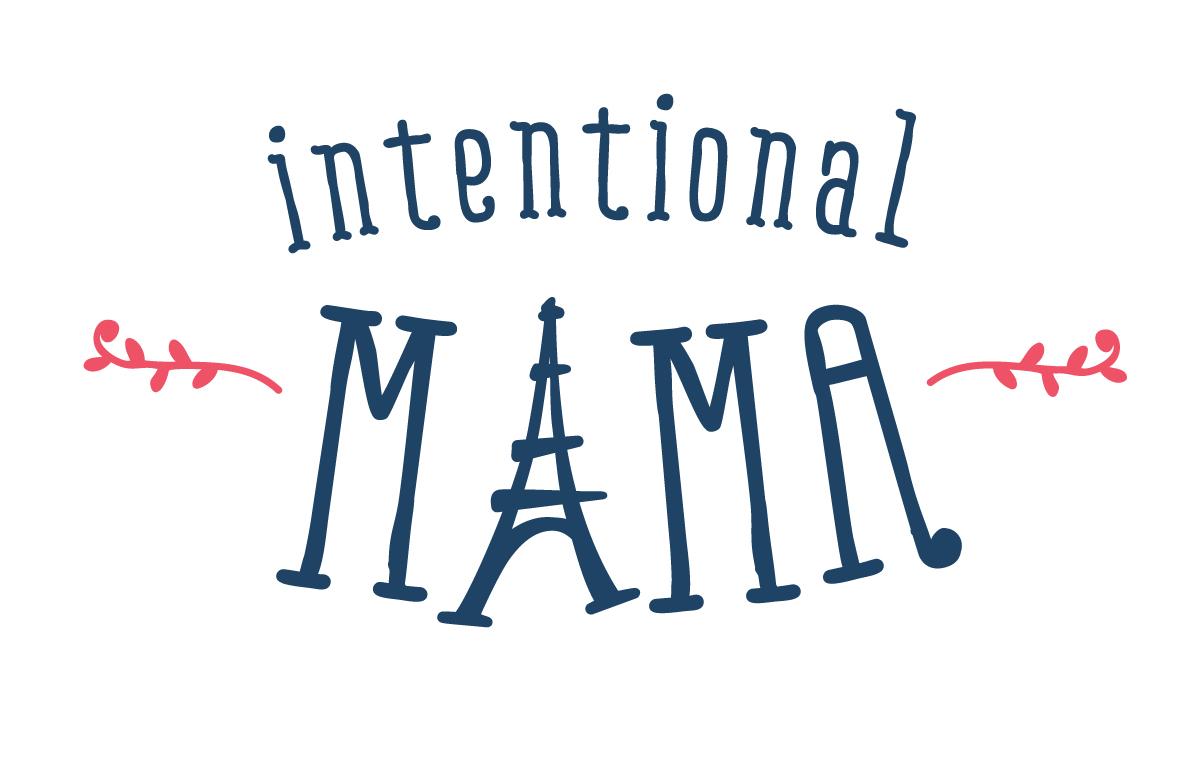Resting Easy about Babies and Sleep
A few months before my first child was born, I thought two nurses had given me the ticket to a good nights' sleep after baby's arrival. I'd read their book (complete with a DVD demonstrating how to swaddle); it advocated letting your baby cry for two nights so that he or she would learn to sleep through the night by the third night. This technique--commonly known as cry it out or CIO--seemed to me a bit harsh but necessary, like vaccines, so I considered it good advice.
Then I became a parent. Suddenly I could not imagine putting my newborn daughter in a room alone, much less let her cry herself to sleep. Instead, she slept in a bassinet beside my husband and me. Within a few weeks, our bed became hers as well, because co-sleeping made breastfeeding easier and she slept far better. Co-sleeping enabled us to get the most sleep possible because she felt secure and I didn't have to walk down the hall to feed her.
Our third child & second baby boy (photo by Bumble Alley Photography)
When her brother was born, we continued to co-sleep--now as a family of four in a king bed--because it worked well for our family. Then I read Bringing Up Bébé, where author Pamela Druckerman describes the French habit of la pause--waiting a bit before responding to baby's cry. It helps babies connect their sleep cycles, she claimed. So I tried la pause, but my son's fussiness always turned into full-blown crying instead of lapsing back into sleep.
Nonetheless, I'm such a francophile that I wondered if our avoidance of the cry-it-out method had caused my children to continue waking at night. I sought out other books like The No-Cry Sleep Solution to help me decide what decision was truly best for our second baby. Ultimately we continued to co-sleep because it seemed the most humane decision.
Our baby awake (Bumble Alley Photography)
Our third baby--a little boy--arrived three months ago, and for several weeks after his birth I found myself wondering if I should try sleep training him. Co-sleeping works well for us, but wouldn't it be lovely to have a baby who sleeps peacefully and independently all night long? Then I read this recent New York Times article about French pediatrician Michel Cohen's advice to sleep train babies at two months of age, and I read through the hundreds of fiery comments in response.
Thanks to that article and the comments, I suddenly understood that infant sleep training exists for the needs of the parents, not for the baby. Babies need to be fed. They need to be changed. They need to be cuddled and kept warm. In short, they need to be loved and have their needs met--and these needs are round the clock in infancy. Training an infant to sleep is a modern practice for a fast-paced society of working parents, but it goes against parental instincts for good reason: it's not the best practice for baby's development or for parent-child relationships. As parents, we can put our needs first or we can acknowledge that our children's needs also deserve consideration--and even some sacrifice on our part--until they outgrow those needs.
So even as a francophile who's often swayed by French culture, I stand with counter-cultural parents on the topic of infants and sleep. When I take my infant to France this summer, I'll shrug off the oft-repeated French question of whether my baby is "doing his nights" (in other words, sleeping through them) because I see the underlying belief quite differently. Though my infant son sleeps well, he wakes as the vast majority of babies do, and I'm willing to let that be.
Our baby boy at nearly three months old
What's your conclusion about babies and sleep? Do you side with the French majority in believing that babies must be taught to sleep well, or do you believe that babies' developmental needs ought to be acknowledged and met even if it's inconvenient at times?



